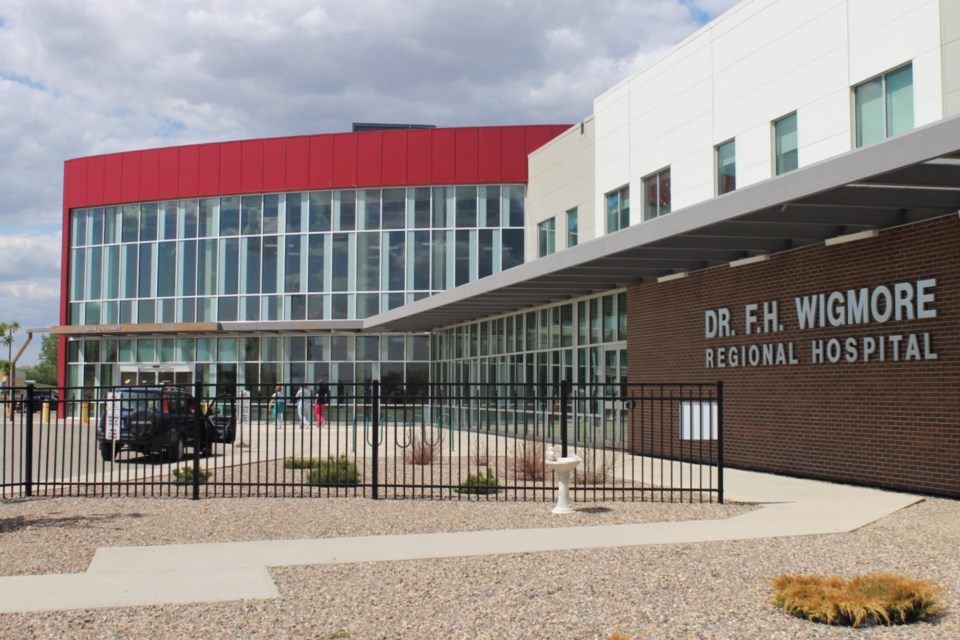Nurse practitioners (NPs) are former registered nurses (RNs) who have gone above and beyond, obtaining advanced education in the form of a master's or doctoral-level degree. They are similar to family doctors in that they can diagnose and treat illnesses, prescribe medication, and interpret tests.
NPs are highly qualified and experienced medical professionals capable of shouldering some of the strain the provincial health care system is experiencing.
A survey released by the Saskatchewan Association of Nurse Practitioners (SANP) found that 45 per cent of respondents are being underutilized.
SANP said there are 320 practicing NPs and NP students in Saskatchewan. Of those, 124 responded to the survey questions.
Nearly 10 per cent (9.6) said they were not employed due to a lack of available jobs in their communities. Another 35 per cent indicated they were only employed part-time, but would like to be employed full time.
In 2019, Statistics Canada reported that 17.2 per cent of Sask residents did not have a primary care provider - it is likely that that statistic has worsened over the course of the COVID-19 pandemic.
The province has two Master NP programs, one at the University of Saskatchewan and the other through a partnership with the University of Regina and Sask Polytech. The programs have 50 seats financially supported by the province - another 10 seats were announced for fall 2022.
Improved recruitment and retention strategies for NPs in rural settings, and better use of NPs in urban settings, would alleviate the burden, SANP said in a release accompanying the survey results.
NPs treat the whole person from a patient-based approach, including addressing the person's physical, mental, emotional, and spiritual health. They focus on how illness affects their patient's life and family, and offer education on a healthy lifestyle, interpretation of tests and results in understandable language, the disease process, and how the medications and treatments they prescribe benefit the patient's health.
SANP is the only NP advocacy group in Saskatchewan. It was established as a non-profit in 2009 to speak with one voice for all NPs in the province and is governed by a board of elected volunteers.
"Saskatchewan NPs have the education and practical experience to provide high-quality cost-effective health care for people of all ages across the health spectrum," said Tara Schmalenburg, SANP president. "Lack of access to primary care providers is forcing people to access care through emergency departments and urgent care centres for concerns which are more appropriately managed in the primary care setting.
"The results of this survey show that there are NPs immediately available to step into, or increase their capacity in, the provision of primary health care services. There are NPs in Saskatchewan that are not working as an NP or want to work full time as an NP. There are NPs that live in communities with gaps and access issues to primary care and emergency services and are not employed there.
"It is time for NPs to be utilized to their full potential to provide health care services across Saskatchewan."



